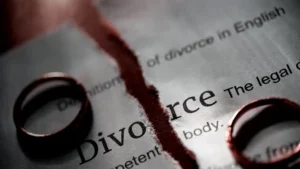
Understanding Alimony and Spousal Support in Texas
When facing the complexities of divorce, one of the most critical areas of concern for many is the financial aspect, particularly the concepts of alimony and spousal support. At The Renken Law Firm in Houston, we understand that grasping the nuances of these financial responsibilities is essential for anyone going through a separation. This comprehensive guide will break down what alimony and spousal support entail, who qualifies for it, and other essential details you need to consider when divorcing your spouse in Texas. What is Alimony and Spousal Support? Alimony, also known as spousal support, is a financial provision legally mandated for one spouse to support the other during or after a marital separation or divorce. The core objective of alimony is to mitigate the potential adverse economic impacts following a divorce, particularly affecting the spouse who either does not earn a wage or earns a lower wage compared to the other. This financial support is crucial in helping the lower-earning or non-earning spouse cover their living expenses and maintain a reasonable standard of living similar to what was experienced during the marriage. The provision of alimony is integral to ensuring fairness and economic stability in the aftermath of a divorce. It acknowledges that one spouse may have sacrificed their career or education to support the family or the other spouse’s career, thereby affecting their post-divorce earning potential. Alimony serves as a transitional financial assistance, helping the receiving spouse to eventually achieve financial independence. The duration and amount of alimony are typically decided based on the length of the marriage, the age and health of the receiving spouse, their future earning capacity, and other relevant factors to ensure that the financial distribution is equitable. Types of Spousal Support in Texas In Texas, spousal support is a crucial element in the










